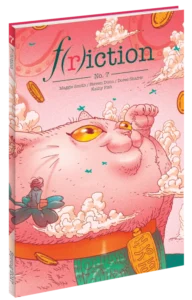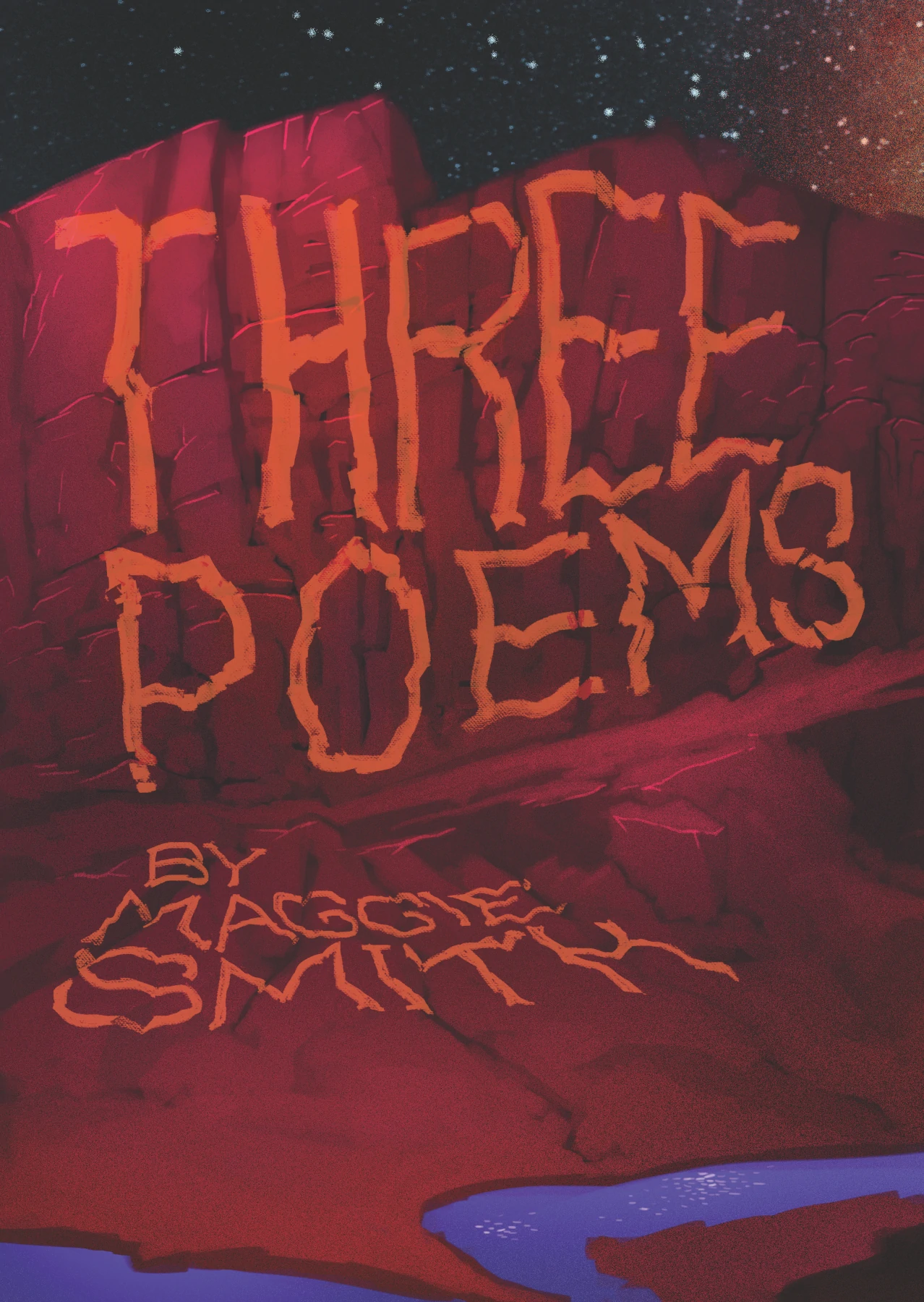
Three Poems
Words By Maggie Smith, Art By Arthur Asa
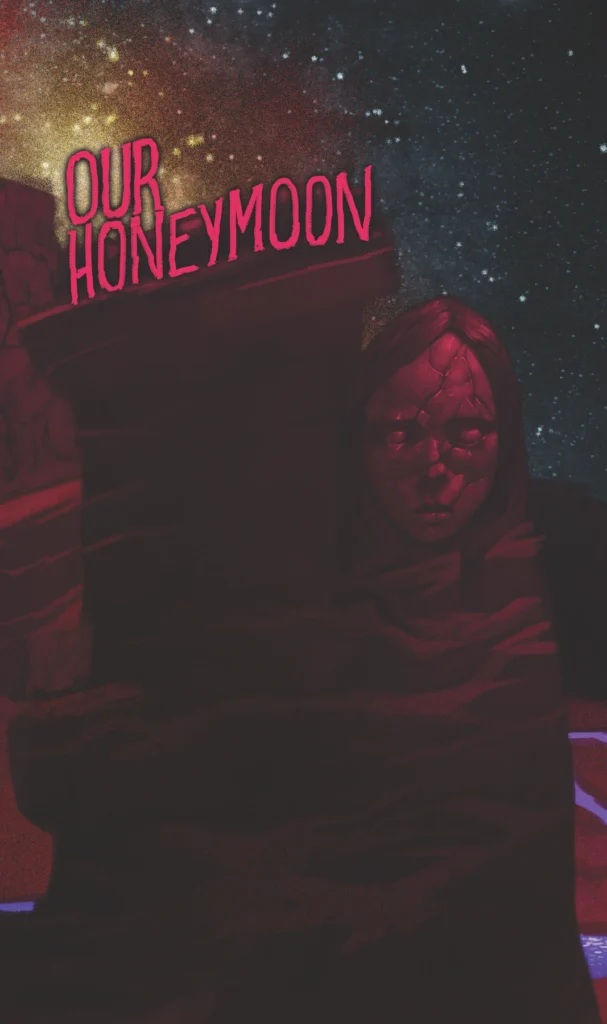
Our Honeymoon
was a strand of scenic overlooks.
I first wrote strange
—a strange of scenic overlooks—
my mistake, and strange enough was everything bathed in the red Mars dust of Sedona, the iron in the rocks aligned with iron in our blood, they say, so it tugs on us. It tugged. Every night on Airport Mesa, a crowd gathered and the Milky Way made a white mess of the sky. Was I the only one who’d wanted to polish it black again? Our honeymoon was a scene of stranded overlooks. We posed for panoramic photographs minus the photographs. Behind us the canyon was banded red, copper, purple
—millions of years
of compressed sunsets—
where the river had gnawed down to bone, down to its strange, scenic marrow.
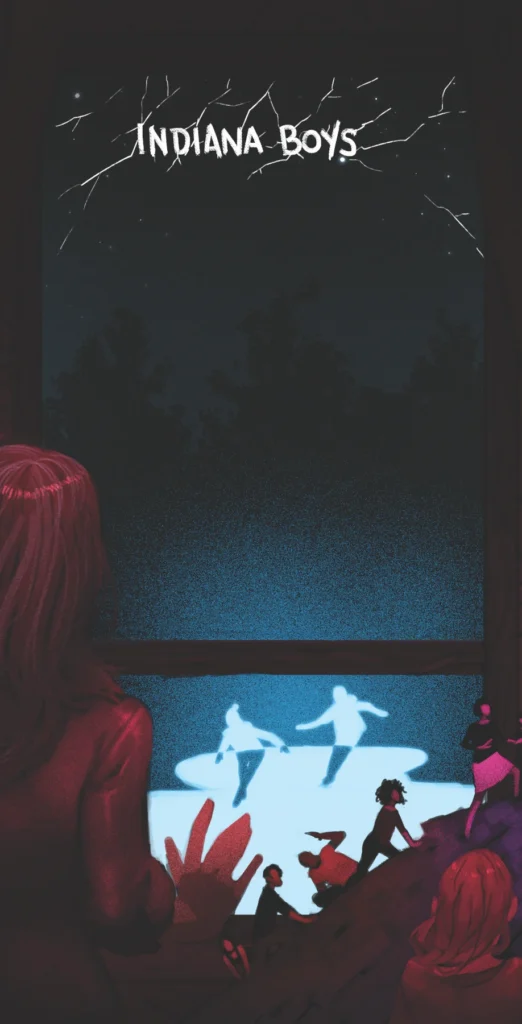
Indiana Boys
The soybean fields flooded and froze over,
and the boys—not yet their father’s sons, not yet
worrying about crop stubble beneath the ice—
skate, twilight settling in their hair,
until their mother, watching at the window,
calls them in for supper. When it’s dark
they’ll sit elbow-to-elbow at the worn farm table
each son will want when she’s gone,
ringing spoons against the sides of bowls,
that silver-on-ceramic note. But now they glide
across the ice, not yet worrying about surfaces
that barely hold them, and there is nothing
between them and their mother but the clear
syrup of old glass. It moves so slowly, no one sees.
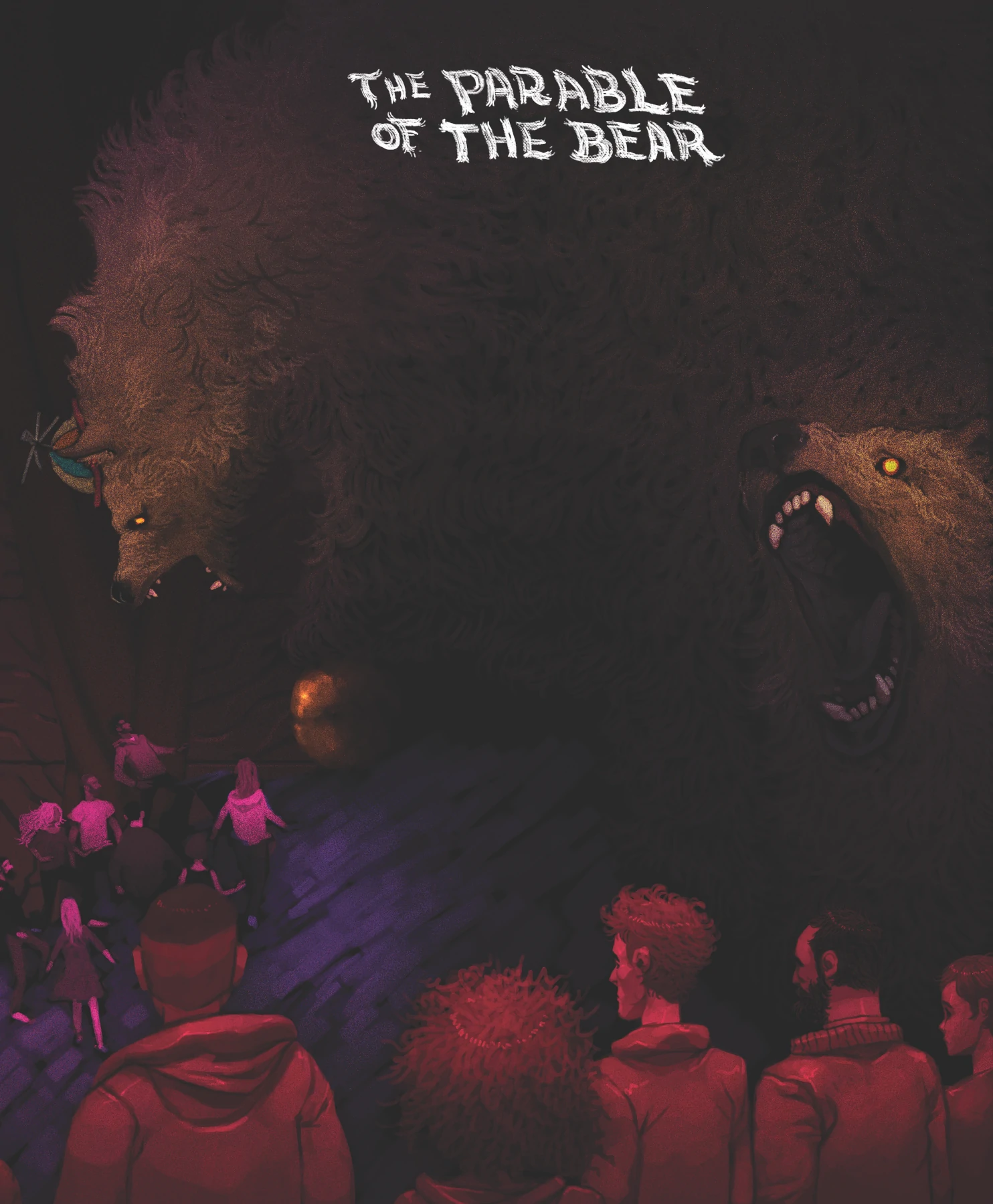
The Parable of the Bear
Beloveds, I keep picturing it
this way: we’re standing, all of us,
between the Bear and every creature
the Bear calls prey, and half of us
step aside. Half of us aren’t enough
to hold the Bear. It lumbers,
then, in a blur of claws and mange,
charges through. What did you think
would happen? The Bear would lose
its appetite? The Bear might be tamed
with a tiny bicycle, a propeller hat,
a gold sphere to balance on its nose?
I don’t need to describe what happens
next: the smell of blood, the surprise
of white femur. Ones I have called
beloved, I keep picturing you
this way: sitting off to one side,
watching the Bear work, waiting to see
if it leaves any meat on the bones.
